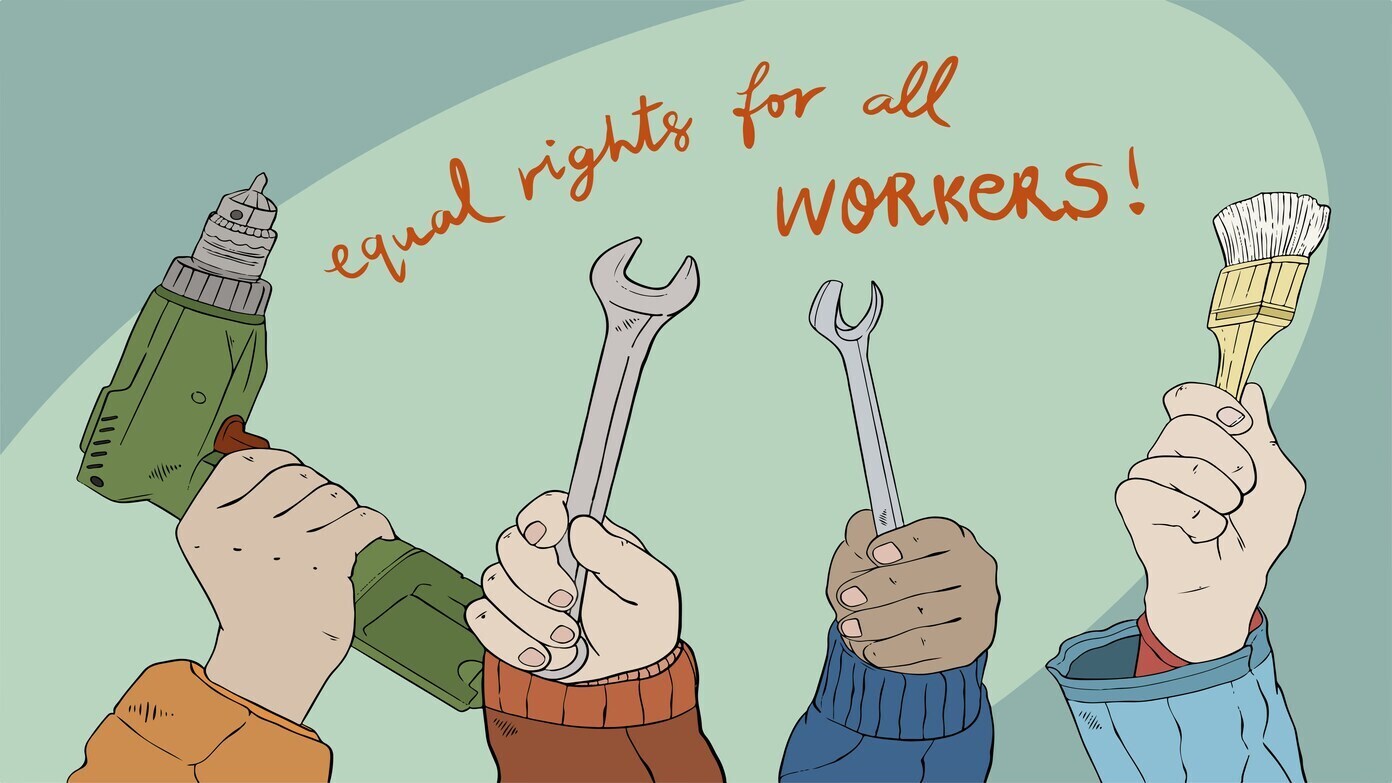While the rest of the world is gearing up to celebrate International Workers’ Day on May 1, Americans fire up the barbecue for Labour Day on the first Monday of September. It’s not just a matter of convenience or the de facto end of summer—it’s motivated by history, politics, and a pinch of symbolism.
A celebration born in New York, not Chicago
Labour Day first appeared in the United States in 1882 when New York City employees organised a parade to honour America’s working class. The first event, created by members of the Central Labour Union, included marching bands, banners, and picnics. Its purpose was simple: honour American workers while showcasing the strength of local labour and trade organisations.
Two men—Peter J. McGuire, a co-founder of the American Federation of Labour, and Matthew Maguire, a machinist and union secretary—are both credited with proposing the idea. Whoever gets the true bragging rights, their shared vision initiated what would become a national tradition.
By 1894, President Grover Cleveland officially signed into law bills making the first Monday in September a federal holiday. Labour Day was born—not as a protest, but as a celebration.
Why not have May 1 be like the rest of the world?
International Labour Day, celebrated on May 1, is derived from Chicago, not Washington, D.C. In 1886, several hundred workers took to the streets of Chicago to protest for an eight-hour workday, leading to a wave of strikes and bloody clashes known as the Haymarket Riot. The rally ended in tragedy when a bomb was hurled, killing policemen and civilians, and precipitating a vicious crackdown against labour activists.
Three years later, socialists and union organisers meeting in Paris made May 1 a universal holiday to commemorate workers’ rights in memory of those who lost their lives in Chicago.
But American politicians wanted to maintain America’s labour holiday separate from those bloody confrontations and any connection with radical causes. Choosing September, a less frenetic month between Independence Day and Thanksgiving, allowed the nation to honour workers without risking controversy—or upheaval.
What Labor Day means to America
Unlike May Day demonstrations abroad, Labour Day itself has never had a darker, protest dimension in America. It is a holiday for parades, picnics, barbecues, and a ritual farewell to summer rather than mass rallies or political protests.
But the symbolism still matters: Labour Day honours the American worker as the driving force behind the nation’s economic power, freedom, and prestige. Labour unions marked gains like safer work environments, shorter workdays, and fair compensation for decades. Even as membership in unions has declined, the holiday still draws attention to the work of blue-collar men and women everywhere.
From eight hours to endless sales
The slogan that emerged from the Chicago protests—”Eight hours for work, eight hours for sleep, eight hours for home”—influenced labour rights everywhere. Although the American holiday did not specifically emerge from that movement, the broader labour struggle eventually influenced workplace reforms.
Labour Day weekend now tastes different. It’s iconic almost as much for back-to-school shopping and sales as it is for parades. But beneath the mattress sales and hamburger fumes, the holiday retains its original identity: celebrating those whose everyday toil built—and builds—the nation.
Two holidays, one purpose
So why do Americans observe Labour Day in September and not May? Politics and history are the answer: a preference to honour workers without embracing the revolutionary associations of May Day.
Whichever the season, whether early fall or spring, the matter is the same. From New York City’s first parade in 1882 to suburban barbecues in 2024, Labour Day commemorates an uncomplicated truth: the power of a nation rests on the backs of its labourers.
Read this later:
Could President Trump serve a third term? Plan to change the 22nd amendment
Who is Mariann Edgar Budde, the bishop who made a plea to Trump and angered the new president
These are all the celebrities who have lost their homes in the tragic Los Angeles fire

